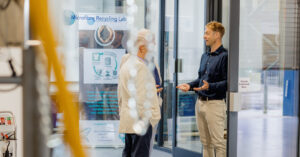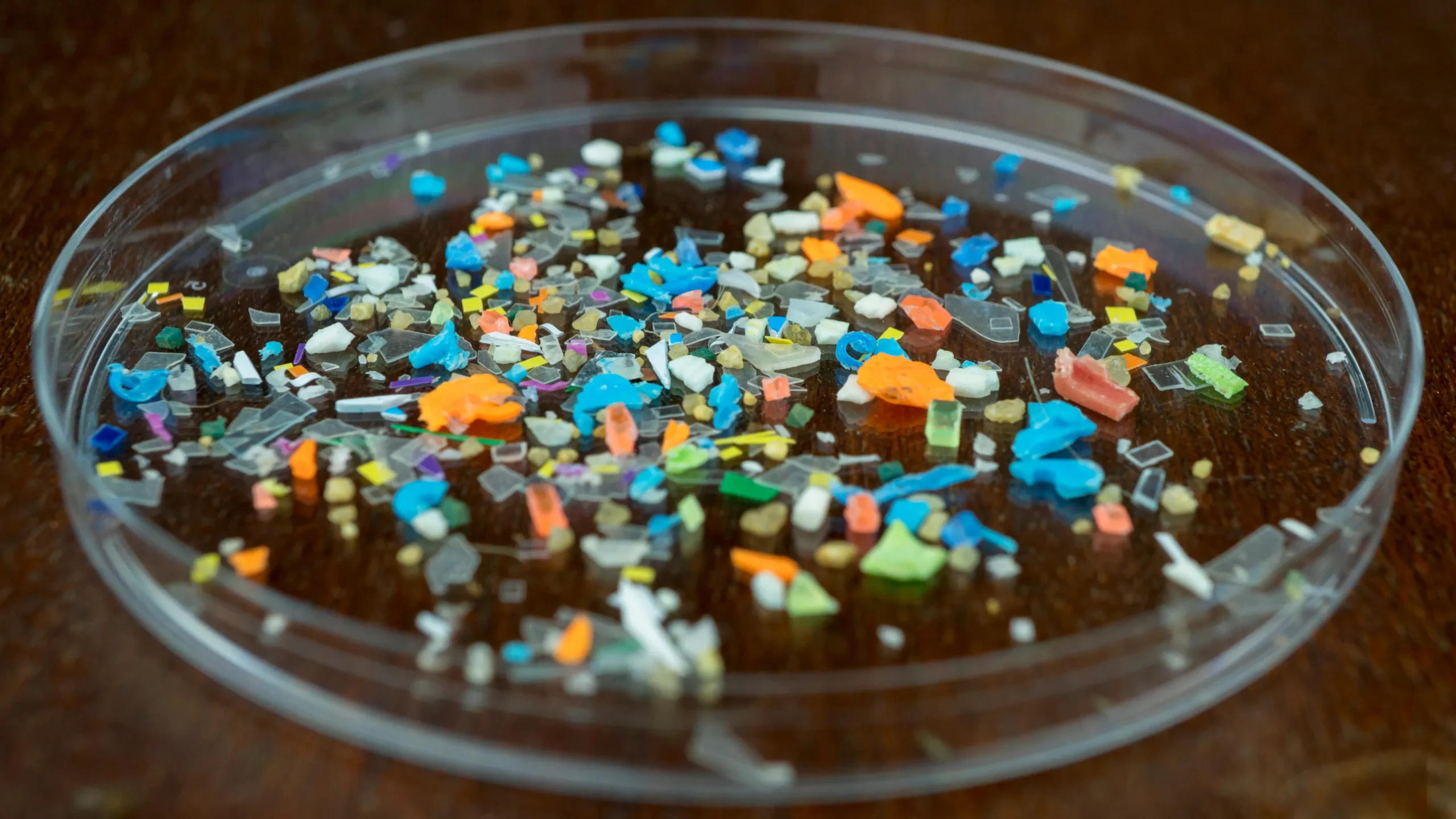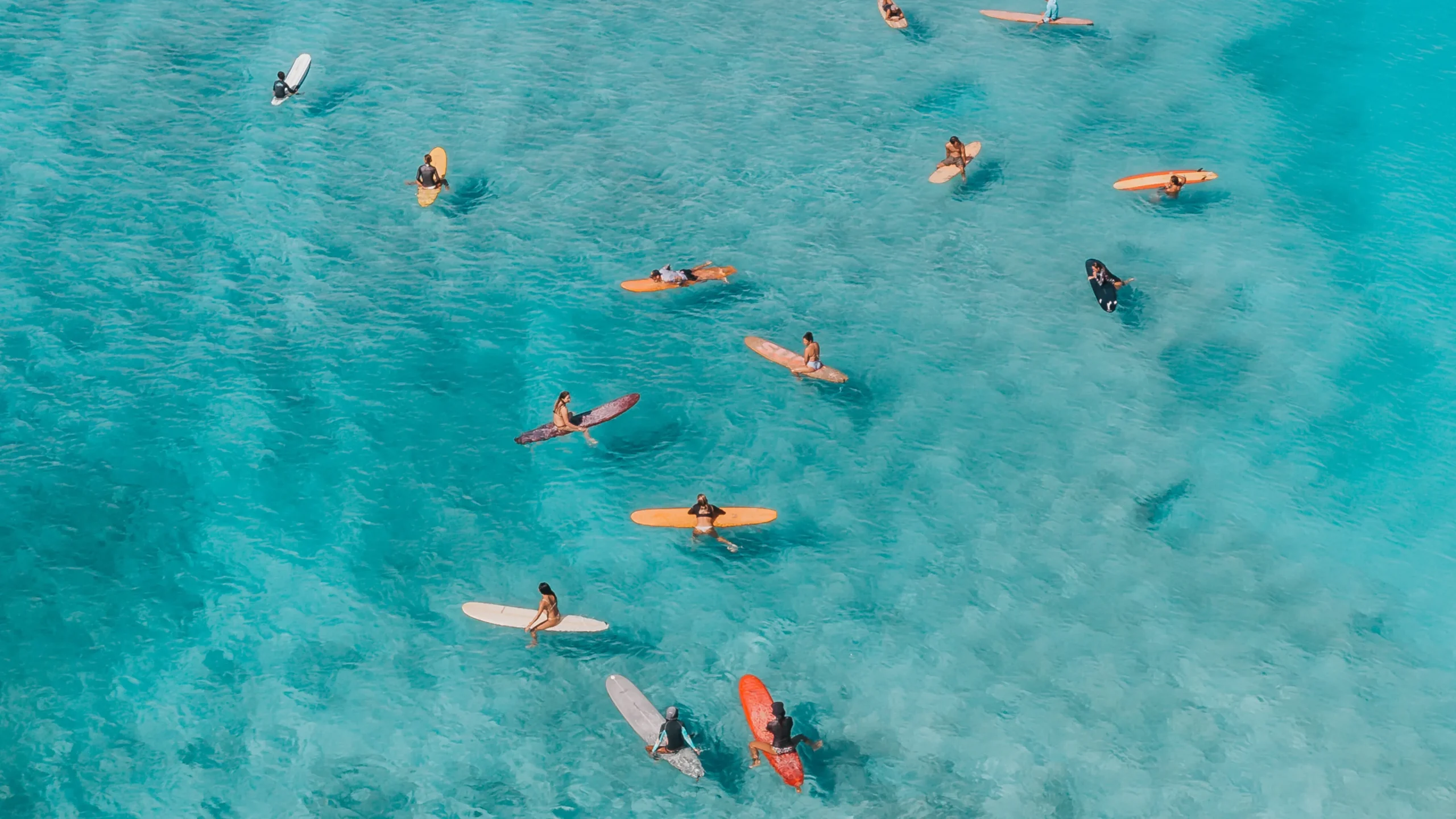
The Next Chapter for Cleaner Seas Group: Opening the World-First Microfibre Recycling Centre.
After years of planning, problem-solving and a fair bit of Cornish grit, we’ve finally done...

Washing your clothes might seem like a simple everyday task, but did you know it can have a significant impact on the environment? From water and energy consumption to the release of harmful microfibres, the way we do laundry matters. Fortunately, by making small adjustments, you can reduce your environmental footprint while still keeping your clothes fresh and clean. Here are five actionable tips to help you wash your clothes and be kind to the planet.
One of the easiest ways to reduce your energy consumption when doing laundry is to lower the washing temperature. Modern washing machines and detergents are designed to work effectively at temperatures as low as 20-30°C. Washing at lower temperatures not only saves energy but also extends the life of your clothes, as high heat can weaken fibres and cause colours to fade.
Why it’s good for the planet: Lowering the temperature reduces the energy needed to heat water, decreasing your carbon footprint. It’s a win-win for both your electricity bill and the environment.
Bonus Tip: For heavily soiled items, pre-treat stains rather than relying on a hot wash to remove them.
Microfibres are tiny synthetic fibres released from clothes made of polyester, nylon, and other synthetic materials. These fibres often bypass wastewater treatment facilities and end up in rivers and oceans, harming marine life. Installing a microfibre filter, such as Cleaner Seas’ Indi™ Home Microfibre Filter, is an effective way to capture these particles before they enter the water system.
Why it’s good for the planet: By capturing microfibres, you help reduce the pollution that contributes to the global microplastic crisis.
Bonus Tip: You can also use a wash bag designed to trap microfibres, like the Guppyfriend, for an extra layer of protection.
Washing full loads instead of multiple small loads helps maximise the efficiency of your washing machine, reducing water and energy usage. Additionally, skipping the tumble dryer in favour of air-drying your clothes significantly lowers your energy consumption. Tumble dryers are one of the most energy-intensive household appliances, and air-drying is gentler on your clothes, too.
Why it’s good for the planet: By reducing the number of loads and avoiding energy-hungry dryers, you save both resources and money.
Bonus Tip: If you’re short on space, invest in a foldable drying rack or use outdoor space when the weather allows.
Many conventional laundry detergents contain chemicals that are harmful to aquatic ecosystems. Eco-friendly detergents, on the other hand, are biodegradable, free from harsh chemicals, and often come in recyclable packaging. Look for certifications like the EU Ecolabel or Cruelty-Free logos to ensure your detergent is both effective and environmentally responsible.
Why it’s good for the planet: Using eco-friendly detergents reduces the release of toxic substances into waterways, safeguarding marine life and water quality.
Bonus Tip: Avoid overusing detergent. Most modern washing machines require less detergent than you might think. Follow the manufacturer’s guidelines to prevent excess residue and waste.
Preventing microfibre pollution starts with the clothes you choose to wear. Investing in high-quality, sustainably made garments reduces the likelihood of fibre shedding during washes. Natural fibres like organic cotton, hemp, and linen are excellent options, as they biodegrade over time and are often produced with fewer environmental impacts.
Why it’s good for the planet: Durable clothing lasts longer, reducing the need for frequent replacements and lowering overall consumption.
Bonus Tip: When you do buy synthetic clothing, look for items labelled as “low-shed” or made with recycled materials to help close the loop on waste.
Get monthly ocean news, offers, events and updates on our mission.
By clicking subscribe, you agree to our Terms and Conditions.
